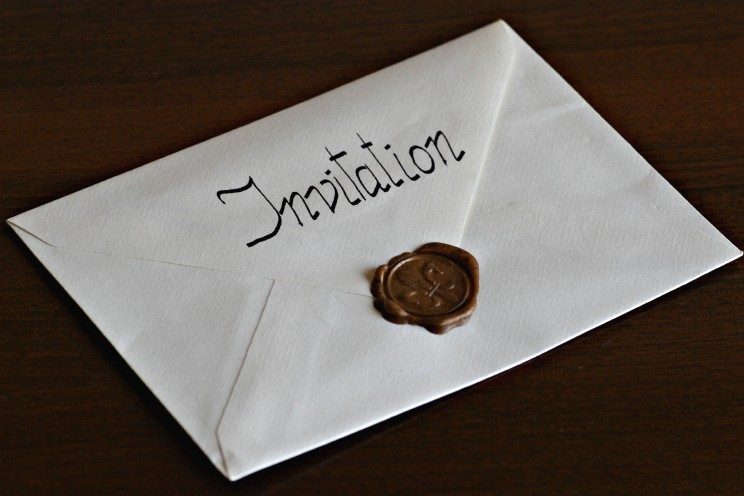The recital of the Haggadah opens with the words: “This is the bread of affliction which our fathers ate in the land of Egypt. Let all who are hungry enter and eat, and all who are needy come and celebrate the Passover.”
This declaration is, in fact, in accordance with a law in the Shulchan Aruch, that we should be willing to share all our festive meals with the hungry. The invitation is even made in Aramaic, the spoken language at the time of the composition of the Haggadah, so that a hungry person passing by could understand it. But there is a problem with this explanation: why do we make such an invitation only at Pesach, and not at the other festivals, when there is the same obligation of hospitality? In order to try and answer this, I would like to quote from the Gra (Vilna Gaon).
In his book “Aderes Eliyahu” he lists the three greatest events in world history: the Creation of the World, the Redemption from Egypt, and the Giving of the Torah. Why these events? Not necessarily because they were the most spectacular as miracles, but because, firstly, each of these is an ongoing processes, and secondly, we are partners in this process! Let us explain this by considering each in turn. First, the Creation. G-d is continually active in the Creative process. Furthermore, whenever we have children in fulfilment of the Biblical commandment to “be fruitful and multiply”, or whenever (for example) we plant trees, we are ourselves involved in this process.
Consider, next, the Giving of the Torah. This is also a continuing process. Moreover, whenever we learn, or teach, Torah, or find chidushim (new insights), we are involving ourselves in the Giving of the Torah. Finally, let us consider the Redemption. This is also a continuing process, starting with the Redemption from Egypt, and culminating in the coming of the Messiah. Here too we have our part to play. How do we do this? It need not be on a grand scale. Think about the other two events. With Creation, we are not required to populate half the earth! We fulfil our part by having our own children. Similarly, we don’t have to plant forests everywhere. It’s enough to plant trees in our own backyards, or in the JFK Forest in Israel.
As far as the Giving of the Torah is concerned, we cannot spread it to everyone. We do what we can, on a personal level. So it is with Redemption. Every time we redeem a single person, we are involved with Redemption. If you know someone who is hungry, feed him! If you know someone who needs a sympathetic ear, listen to his problems! If you know someone who needs a job, get on the phone and find one for him! In this way, you do your share in the continuing process of Redemption.
Now let us return to the question: If it is always a mitzvah to invite the hungry to our table, why is this only stated explicitly at the Pesach Seder? We can now give an answer. Feeding the hungry is, as I have said, the part we play in Redemption, and Pesach is the one festival where Redemption is the central theme.
Pesach Kasher V’Sameach!!

